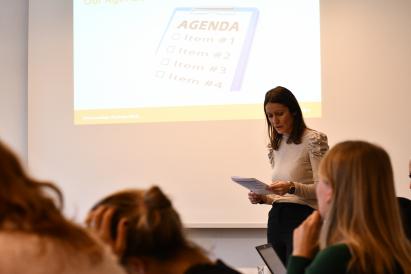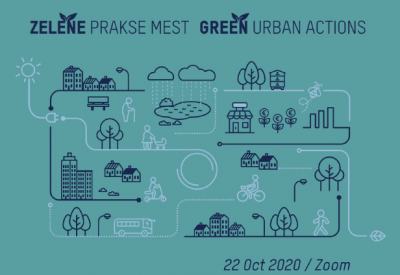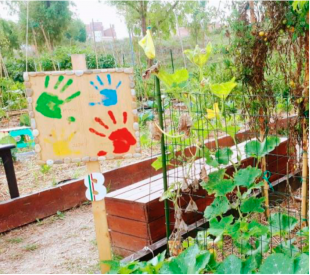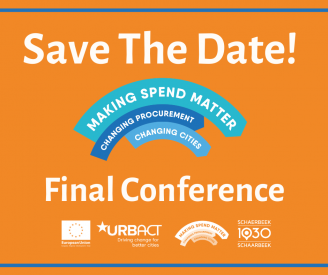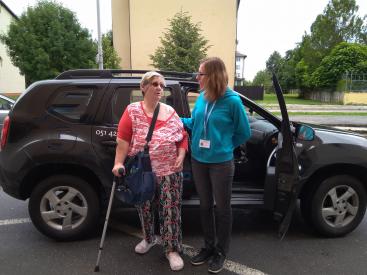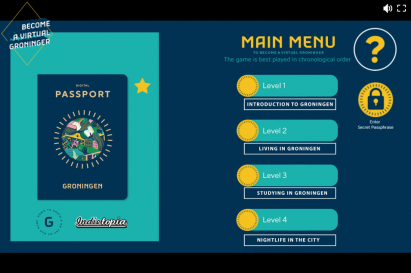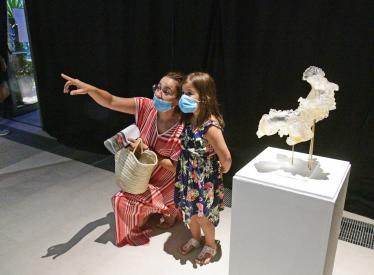Será que precisamos de democracia participativa para salvar a democracia?
Todos reconhecem hoje que as democracias em todo o mundo estão cada vez mais ameaçadas. O número de questões que têm de enfrentar - e às quais têm dificuldades em responder (justiça social, estabilidade económica, alterações climáticas, etc.) - coloca as nossas democracias em risco. Para além disso, um número crescente de pessoas sentem que não são ouvidas ou levadas em consideração pelos decisores políticos. Neste contexto os cidadãos reivindicam o direito a ter uma palavra a dizer nas decisões, escolhas e políticas públicas que são tomadas



